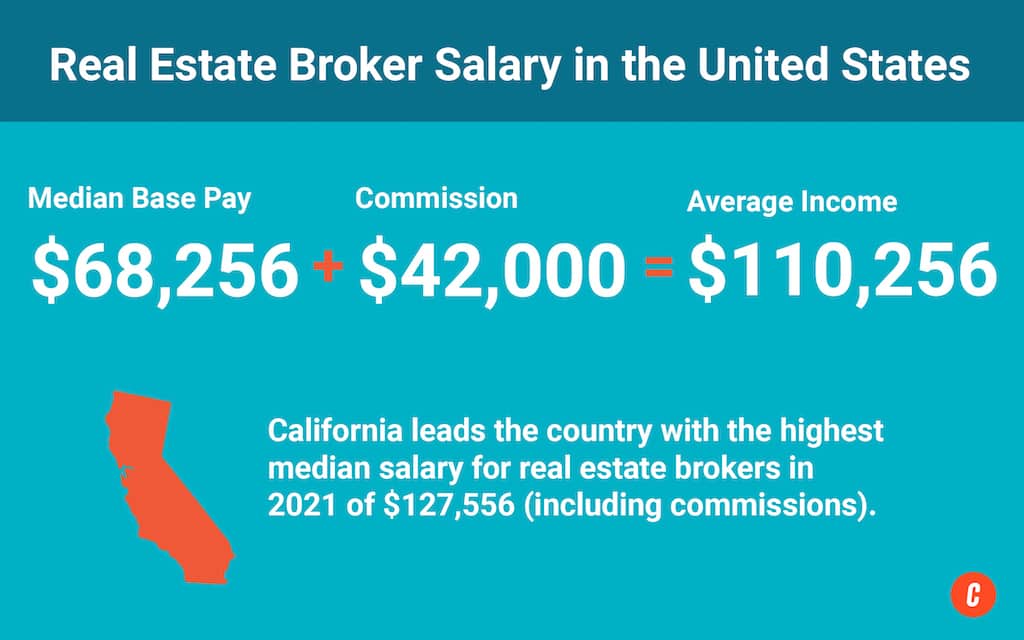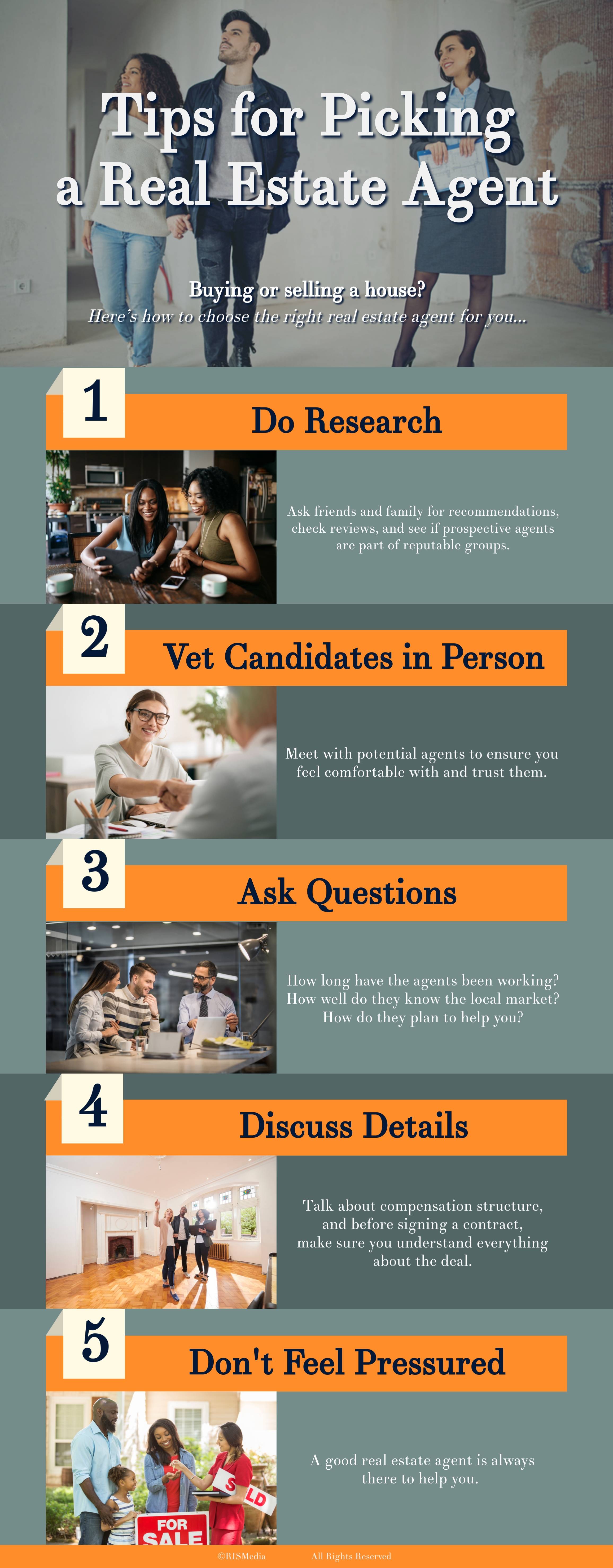
One of the most important questions you will ask when you start to think about getting a real estate license in Florida is what education you need to get started. This article will discuss how much pre-licensing education is required, what the time commitment is, and how to get the most out of the education. We'll also talk about which courses are most important and what you should expect in return.
Pre-licensing education
Pre-licensing education is required before you can practice real estate in Florida. To be eligible for a license, you will need to complete at least 63 credit hours of prelicensing education. These courses should include the law, mathematics, and principles of real estate practice. Some courses can cost between $100 and $500. To be licensed in Florida you need to have a 70% passing score. Attorneys are not required to take any prelicensing course. Instead, they can sit for a sales associate exam without having to obtain a pre-license.

You can obtain pre-licensing education to become a Florida real estate agent online, or in person from a variety of companies. Many of these courses offer self-paced learning and practice exams. Others offer a variety of study aids, such as textbooks and practice exams. No matter what your choice is, it's important to meet the state's pre-licensing requirements. Fortunately, there are some online programs that are free and offer pre-licensing education.
Cost of prelicensing school
Pre-licensing education can cost anywhere from $100 to $1,000, depending on which state you are in. There are many reasons for this, but the most common is that real estate courses require a lot of time and energy to create. Companies who create these courses must pay their staff to ensure that the content is up to date and in compliance with all state laws. Although some brokerages and title companies offer free continuing education courses, these are generally not free because they're longer and more comprehensive than other courses.
It doesn't matter which state you reside in, pre-licensing education in Florida to get a real estate license is worthwhile. A Florida realty exam contains 100 multiple-choice items and a passing mark of 75%. There are 45 questions related to real estate law and principles. 10 questions test your mathematical ability. If you study properly, you can expect to pass with a score of 75% or higher.
Time required for pre-licensing education
An individual must be at least eighteen years of age and have passed a background check to get a Florida real estate license. They must also complete at least 90 hours of pre-licensing education and a six-hour course in contract writing. They must also have good moral character, and they must declare any criminal convictions. They cannot be granted a real property license if they were convicted in a felony conviction. It is necessary to have fingerprint clearance. The Broker must approve them online and they must complete continuing education requirements.

All applicants must be at minimum 18 years of age with a US social security number. Candidates must also have a high-school diploma. It is not necessary to have real estate education to become a licensed Florida broker. However, it can be helpful to have the right foundation to help you get started. Florida recognizes licenses from Arkansas, Georgia, Illinois and Arkansas. If applicants have a license in Florida as a real estate agent from one of these states, they are eligible for a license. Candidates from Arkansas and Connecticut, Georgia, Illinois, or Connecticut will also need to pass the state exam.
FAQ
How much does it cost to replace windows?
Replacing windows costs between $1,500-$3,000 per window. The cost to replace all your windows depends on their size, style and brand.
What is the average time it takes to get a mortgage approval?
It depends on many factors like credit score, income, type of loan, etc. It generally takes about 30 days to get your mortgage approved.
What should you look for in an agent who is a mortgage lender?
People who aren't eligible for traditional mortgages can be helped by a mortgage broker. They compare deals from different lenders in order to find the best deal for their clients. This service is offered by some brokers at a charge. Some brokers offer services for free.
What amount should I save to buy a house?
It all depends on how long your plan to stay there. You should start saving now if you plan to stay at least five years. But if you are planning to move after just two years, then you don't have to worry too much about it.
What are the downsides to a fixed-rate loan?
Fixed-rate loans have higher initial fees than adjustable-rate ones. Additionally, if you decide not to sell your home by the end of the term you could lose a substantial amount due to the difference between your sale price and the outstanding balance.
Statistics
- This seems to be a more popular trend as the U.S. Census Bureau reports the homeownership rate was around 65% last year. (fortunebuilders.com)
- Some experts hypothesize that rates will hit five percent by the second half of 2018, but there has been no official confirmation one way or the other. (fortunebuilders.com)
- Based on your credit scores and other financial details, your lender offers you a 3.5% interest rate on loan. (investopedia.com)
- When it came to buying a home in 2015, experts predicted that mortgage rates would surpass five percent, yet interest rates remained below four percent. (fortunebuilders.com)
- Over the past year, mortgage rates have hovered between 3.9 and 4.5 percent—a less significant increase. (fortunebuilders.com)
External Links
How To
How to buy a mobile house
Mobile homes can be described as houses on wheels that are towed behind one or several vehicles. Mobile homes have been around since World War II when soldiers who lost their homes in wartime used them. People who live far from the city can also use mobile homes. These houses come in many sizes and styles. Some houses can be small and others large enough for multiple families. There are some even made just for pets.
There are two types of mobile homes. The first type of mobile home is manufactured in factories. Workers then assemble it piece by piece. This happens before the product can be delivered to the customer. You can also build your mobile home by yourself. First, you'll need to determine the size you would like and whether it should have electricity, plumbing or a stove. You will need to make sure you have the right materials for building the house. Finally, you'll need to get permits to build your new home.
If you plan to purchase a mobile home, there are three things you should keep in mind. A larger model with more floor space is better for those who don't have garage access. A larger living space is a good option if you plan to move in to your home immediately. The trailer's condition is another important consideration. It could lead to problems in the future if any of the frames is damaged.
You should determine how much money you are willing to spend before you buy a mobile home. It is important to compare the prices of different models and manufacturers. You should also consider the condition of the trailers. There are many financing options available from dealerships, but interest rates can vary depending on who you ask.
It is possible to rent a mobile house instead of buying one. Renting allows for you to test drive the model without having to commit. Renting isn't cheap. Renters usually pay about $300 per month.